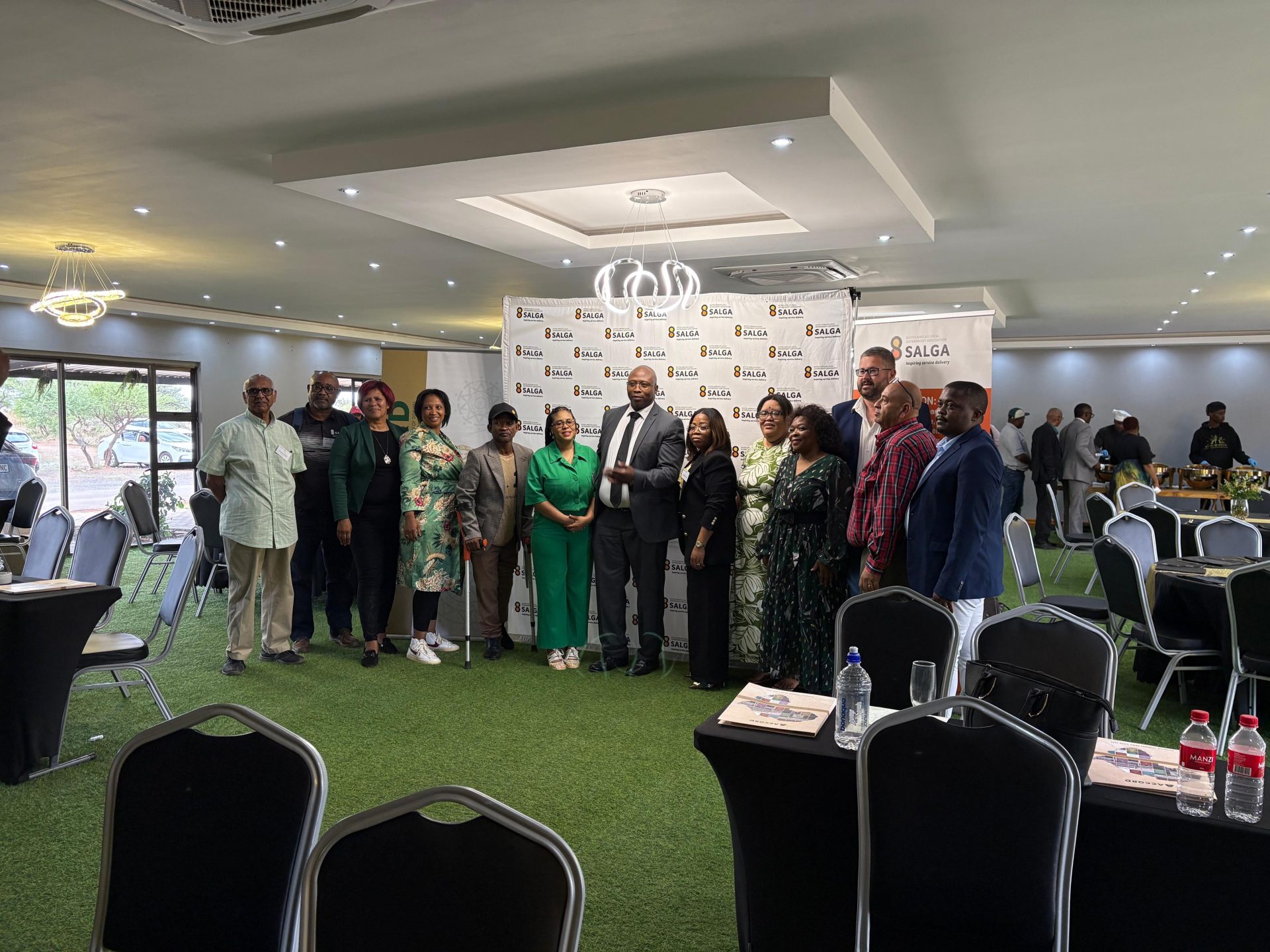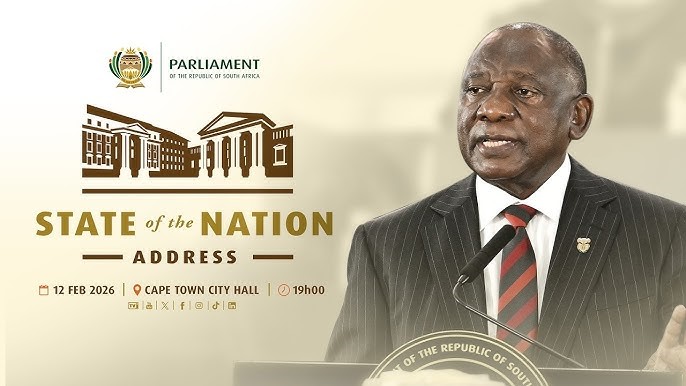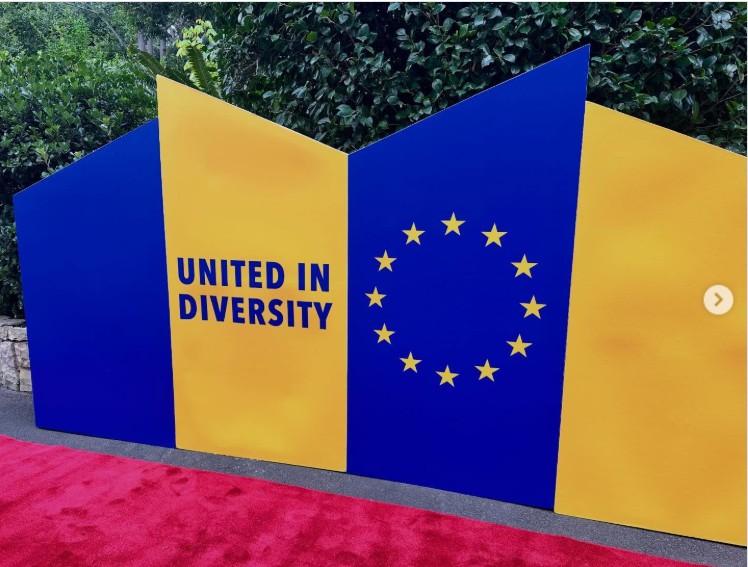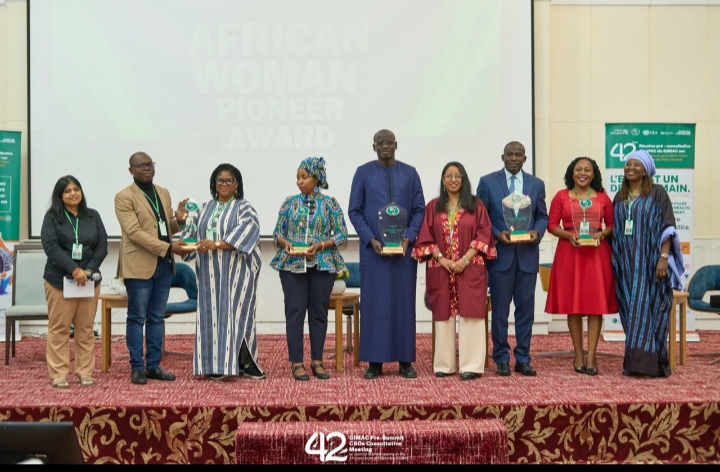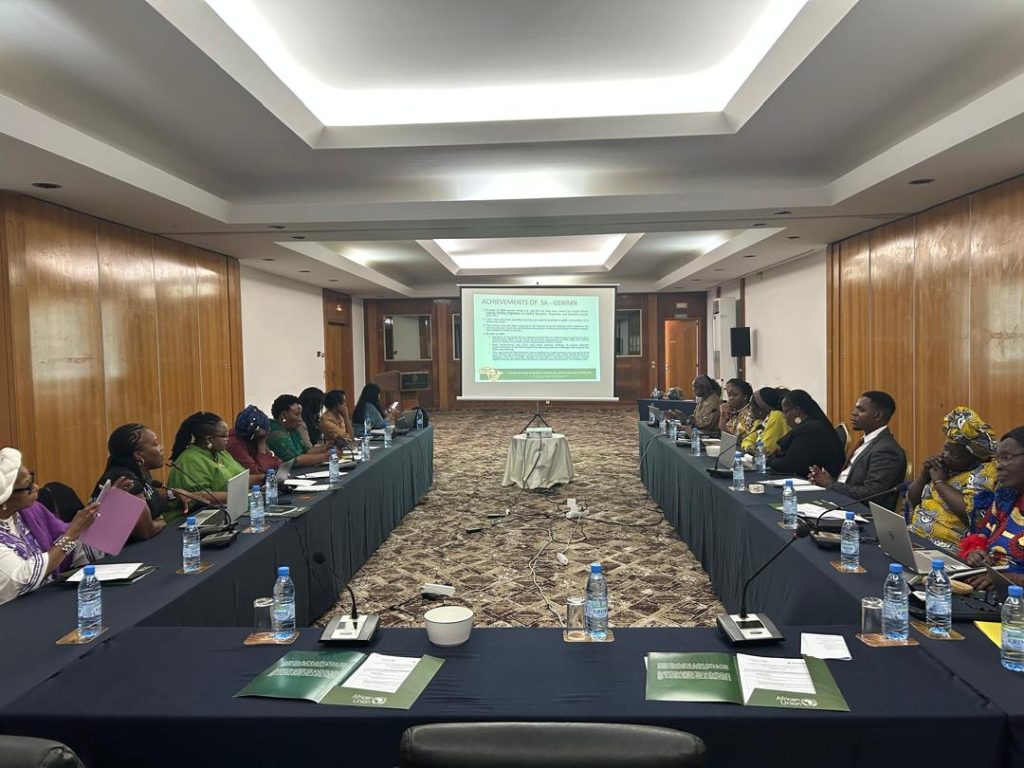On 30 October 2025, ACCORD in partnership with the South African Local Government Association (SALGA) Northern Cape, convened a provincial seminar titled “Exploring the Architecture of Coalition Governance and Politics in the Northern Cape.” The seminar provided an important platform to reflect on the province’s evolving experiences with coalition governance since the first democratic local government elections in 2000. While national debates on coalition politics often focus on metropolitan municipalities, the seminar underscored the importance of engaging with experiences from provinces such as the Northern Cape, where local political dynamics, community activism, and cooperative governance present distinct realities. Participants shared insights into how these dynamics have shaped coalition arrangements and the lessons that can inform broader discussions on governance nationwide.
As South Africa continues to navigate the growing reality of coalition politics, reflections from the Northern Cape offered useful perspectives on both the opportunities and challenges that accompany shared governance. The seminar concluded that stable and effective coalitions require clear legislative frameworks, transparent decision-making, and a culture of cooperation that prioritises the interests of citizens above party politics. Through continued dialogue and collaboration, provinces across South Africa, including the Northern Cape, can contribute to developing a more inclusive, adaptive, and participatory approach to coalition governance. A notable feature of the discussions was the growing influence of community-based movements in shaping coalition politics in the Northern Cape. Civic activism has become an integral part of the province’s political landscape, with community movements performing strongly in the 2021 local government elections. These movements have contributed significantly to governance debates, accountability processes, and coalition formation, demonstrating the power of grassroots participation in strengthening democracy.
ACCORD’s Senior Political Advisor, Ambassador Welile Nhlapo, emphasised that the broader story of South Africa’s coalition journey cannot be fully told without considering the experiences of municipalities in the Northern Cape, where a vast geography and relatively few parties in council create unique governance dynamics. He noted that the Northern Cape offers valuable lessons on how coalitions can function effectively through dialogue, shared accountability, and respect for governance principles, even in resource-constrained environments. The seminar brought together a wide range of stakeholders, including mayors, speakers, municipal managers, chief whips, local government practitioners, academics, and members of the SALGA Provincial Executive Committee. Their participation reflected a diverse understanding of coalition governance, which, while complex, could serve as an opportunity for innovation, inclusion, and more responsive leadership.
The seminar forms part of ACCORD’s project titled “Contributing Towards Sustainable Coalitions at Local Government Level in South Africa,” funded by the Embassy of Ireland in South Africa. It aligns with ACCORD’s strategic objectives of strengthening the role of multi-dimensional stakeholders and contributing to evidence-based analysis, policy support, and knowledge to respond to complex conflicts.

